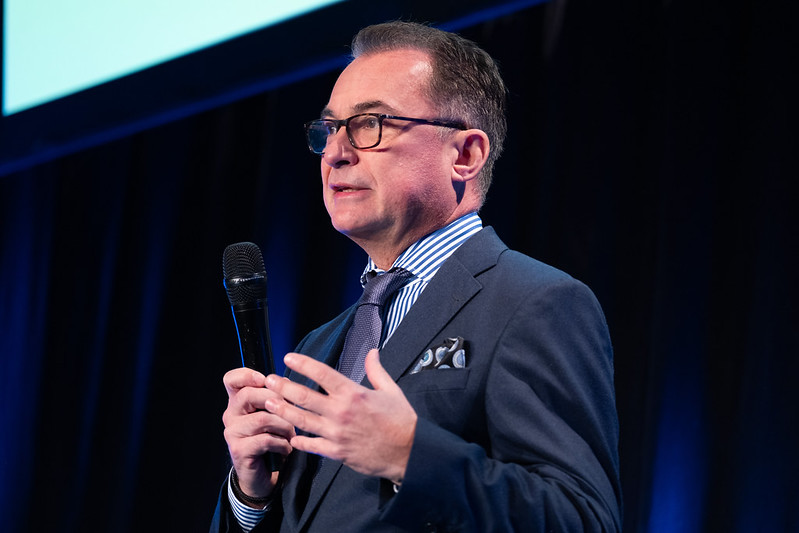ECB’s Nagel: ‘Important to Remain Cautious and to Loosen Monetary Policy Only Gradually’
25 November 2024

By David Barwick – FRANKFURT (Econostream) – European Central Bank Governing Council member Joachim Nagel on Monday urged that monetary policy be eased gradually in view of multiple remaining upside risks to inflation.
In a lecture at an event in Dortmund, Germany, Nagel, who heads the German Bundesbank, said according to a text provided that policymakers had grown more and more confident about disinflation and were convinced that ‘we will soon and permanently reach our inflation target of 2%.’
Given the lag with which rate cuts operate, it was appropriate to ease policy before having restored price stability, he said.
‘At the same time, however, it is important to remain cautious and to loosen monetary policy only gradually and not too quickly’, he continued. ‘There are still risks.’
One risk was that high wage growth would prove surprisingly persistent, he said, while another was that the incoming US presidential administration would impose policies leading to higher inflation in Europe.
‘However, the continued high core inflation, which excludes the volatile energy and food prices, also calls for caution’, he said. ‘Prices are continuing to rise sharply, particularly in services.’
Services inflation should decrease with wage pressures, suggesting that ‘the time is approaching when we can expect a sustainable return to the 2% mark’, he said.
Both German and euro area inflation was ‘likely to gradually fall again over the course of 2025’, he said.
The Governing Council would decide based on available information whether another rate move was appropriate, he said. There was no pre-commitment to a particular rate path, he said.
The German economy would likely stagnate in 4Q in the wake of weak industry, construction and investment, he said. Uncertainty was hampering a genuine expansion of private consumption, he said.
‘After 2023, the German economy could therefore also shrink slightly in 2024 as a whole’, he said. US trade policies could dampen German economic growth further, he said.
When it publishes new forecasts in December, the Bundesbank will not assume any new US tariffs, as there have only been threats to date, he said. ‘But it is clear that we have to keep an eye on such a risk scenario’, he added.
